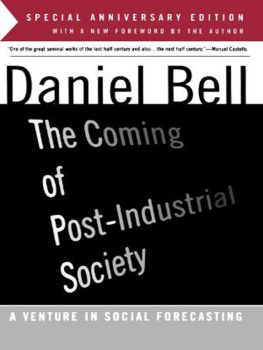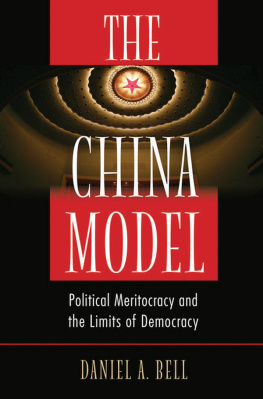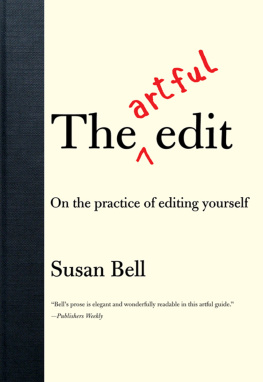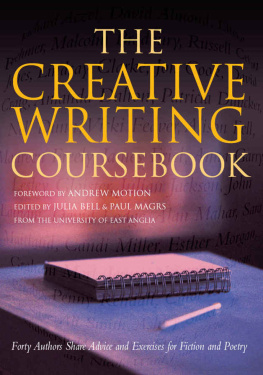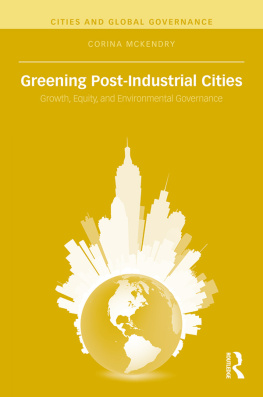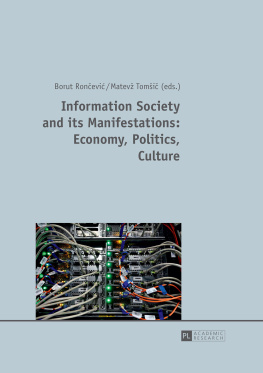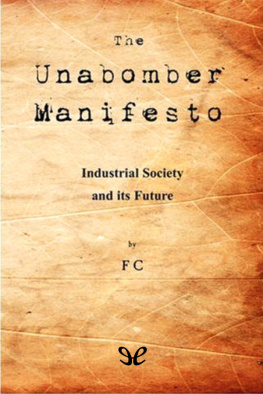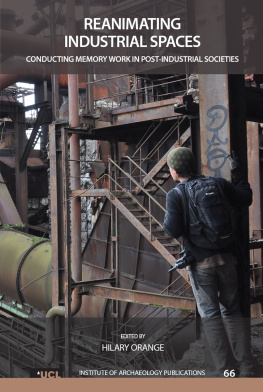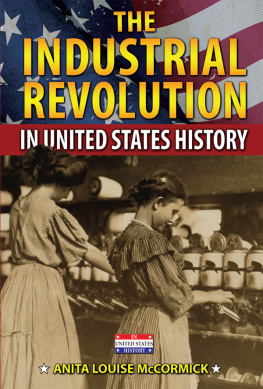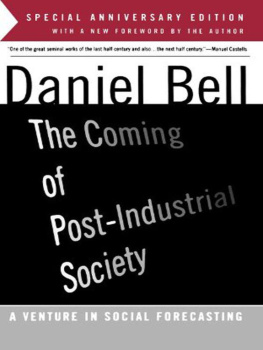Bell - The Coming of Post-Industrial Society
Here you can read online Bell - The Coming of Post-Industrial Society full text of the book (entire story) in english for free. Download pdf and epub, get meaning, cover and reviews about this ebook. City: New York;United States, year: 1976, publisher: Perseus Book Group-A;Basic Books, genre: Politics. Description of the work, (preface) as well as reviews are available. Best literature library LitArk.com created for fans of good reading and offers a wide selection of genres:
Romance novel
Science fiction
Adventure
Detective
Science
History
Home and family
Prose
Art
Politics
Computer
Non-fiction
Religion
Business
Children
Humor
Choose a favorite category and find really read worthwhile books. Enjoy immersion in the world of imagination, feel the emotions of the characters or learn something new for yourself, make an fascinating discovery.
The Coming of Post-Industrial Society: summary, description and annotation
We offer to read an annotation, description, summary or preface (depends on what the author of the book "The Coming of Post-Industrial Society" wrote himself). If you haven't found the necessary information about the book — write in the comments, we will try to find it.
Bell: author's other books
Who wrote The Coming of Post-Industrial Society? Find out the surname, the name of the author of the book and a list of all author's works by series.
The Coming of Post-Industrial Society — read online for free the complete book (whole text) full work
Below is the text of the book, divided by pages. System saving the place of the last page read, allows you to conveniently read the book "The Coming of Post-Industrial Society" online for free, without having to search again every time where you left off. Put a bookmark, and you can go to the page where you finished reading at any time.
Font size:
Interval:
Bookmark:
Praise for
The Coming of Post-Industrial Society
It is rare in social science to find a study that fundamentally changes our perception of the way the world works. Daniel Bells The Coming of Post-Industrial Society accomplished such a feat. First published in 1973, it was an instant classic. Bells highly informative and engaging new introduction makes this powerful work even more compelling.
William Fulius Wilson
Lewis P. and Linda L. Geyser University Professor,
Harvard University (1999)
A quarter century ago, Dan Bell was prescient when he published his classic on post-industrial society. With this brilliant new foreword he remains ahead in linking his past insights to the new information age.
Foseph S. Nye, Fr.
Dean of the Kennedy School of Government,
Harvard University (1999)
Daniel Bell introduced the concept of post-industrial technology in the first edition of this work, and it has now become universal. His additional essay brings together in a short compass both a sharp characterization of the special features of the new technology which has developed so much in the interim, yet along lines he already foresaw, and deeply insightful comments on the social effects that it permits but does not determine.
Kenneth F. Arrow
Joan Kennedy Professor of Economics Emeritus,
Stanford University; Nobe] Laureate in Economics (1999)
One of the great seminal works of the last half century and also portending the changes in the next half century.
Manuel Castells (1999)
A book that could affect thinking for years to come.... It is a book to be read by all Americans who want to know what the year 2000 has in store for us.
Arnold Bekhmtm
Christian Science Monitor (1973)
Bell elaborates ... with learning and ingenuity. Even more admirably, he is free of slushy romanticism about the future.
Maron F. Levy, Fr.
Fortune (1973)
OF
POST-INDUSTRIAL
SOCIETY
OF
POST-INDUSTRIAL
SOCIETY
A Venture in Social
Forecasting
DANIEL BELL


A Member of the Perseus Books Group
Copyright 1973 by Daniel Bell
Foreword 1976 by Daniel Bell
Foreword 19991999 by Daniel Bell
Published by Basic Books,
A Member of the Perseus Books Group
All rights reserved. Printed in the United States of America. No part of this book may be reproduced in any manner whatsoever without written permission except in the case of brief quotations embodied in critical articles and reviews. For information, address Basic Books, 10 East 53rd Street, New York, NY 10022-5299.
Library of Congress Catalog Card Number: 72-89178
ISBN 0-465-01281-7 cloth
0-465-09713-8 pbk.
DESIGNED BY VINCENT TORRE
00 01 02 20 19 18 17 16
FOR
Jordy Bell Jacoby
AND
Stephen Jacoby
CHAPTER
1
From Industrial to Post-Industrial Society:
Theories of Social Development
CHAPTER
2
From Goods to Services: The Changing
Shape of the Economy
CHAPTER
3
The Dimensions of Knowledge and
Technology: The New Class Structure of
Post-Industrial Society
CHAPTER
4
The Subordination of the Corporation: The
Tension between the Economizing and
Sociologizing Modes
CHAPTER
5
Social Choice and Social Planning: The
dequacy of Our Concepts and Tools
CHAPTER
6
Who Will Rule? Politicians and
Technocrats in the Post-Industrial Society
An Agenda for the Future
TECHNOLOGY
FOREWORD: 1999
The Coming of Post-Industrial Society was first published in 1973 and re-issued with an expanded foreword in 1976. Since then, the term, the phrase, the idea, the concept of post-industrial society has passed into common currency and the academic lexicon. A search in the Nexis database from August 6, 1997 to August 8, 1998, reveals 104 citations in articles and speeches by many different persons. In the two-year period beginning in 1996, there were 191 instances.
The range is revealing, sometimes amusing, and sometimes astounding. Sir Leon Brittan, Vice-President of the European Commission, speaking in Tokyo in September 1997, remarked, We are managing a difficult transition to becoming post-industrial societies with aging populations. William Julius Wilson, the Harvard sociologist, writing in January 1998 on the reasons behind inner-city dislocations, pointed to the post-industrial society occupational positions that require higher levels of education. The Unabomber, the man responsible for the death or maiming of more than a dozen persons over a dozen-year period, in January 1998 offered to end his war if a national newspaper published his 35,000-word manifesto criticizing the corrupt and dehumanizing influences of post-industrial [i.e., technological] society. When the New York Times and Washington Post jointly published the manuscript, David Kaczynski, the brother of the Unabomber, recognized the style and words and informed the authorities of his identity.
What is striking is the high-level and often-minatory use of the phrase by world leaders. Celebrating the 650th anniversary of Prague University in April 1998, President Vclav Havel remarked: University research must not be driven solely ... by die demands of the market economy; post-industrial society demands that universities recall their original concept of general learning. In June 1998, speaking of the flaws in Asian societies, Margaret Thatcher laid part of the blame on the failure to develop the political framework and skills needed in advanced industrial and post-industrial societies.
Even the President of the United States uses the term post-industrial. In a round-table discussion in Shanghai (June 30, 1998), Shaping China for the 21st Century, President Clinton remarked: In your economic growth you will almost leap over a generation of economic experiences that older European countries and the United States experienced [so] you will essentially be creating an industrialized and a post-industrial society at the same time. And therefore, more quickly you will have to educate more people at higher levels than we did.
When I asked the National Security Council who had written Mr. Clintons talk, I was told that that particular response to the issues was extempore. Yet it is also evident that President Clintons remarks grew out of the context of previous White House briefings during which the problem had been raised several times. In May 1998, the transcript of a White House briefing by Mike McCurry, the Press Officer, and Strobe Talbott, the Deputy Secretary of State, stated that the discussion dealt with the substantive challenges ... of the post Cold War era in a post-industrial society. And in a discussion between President Clinton and British Prime Minister Tony Blair at the Prime Ministers retreat at Chequers in May, the same theme was addressed. Michael Curry restated this theme in a press briefing in Birmingham, England, about the meeting of the two leaders and their aides.
What is clear from all this is that the leaders of the Western nations consider their societies to be post-industrial and that the problem facing the rest of the world is how to make the transition to the post-industrial state.
Next pageFont size:
Interval:
Bookmark:
Similar books «The Coming of Post-Industrial Society»
Look at similar books to The Coming of Post-Industrial Society. We have selected literature similar in name and meaning in the hope of providing readers with more options to find new, interesting, not yet read works.
Discussion, reviews of the book The Coming of Post-Industrial Society and just readers' own opinions. Leave your comments, write what you think about the work, its meaning or the main characters. Specify what exactly you liked and what you didn't like, and why you think so.

